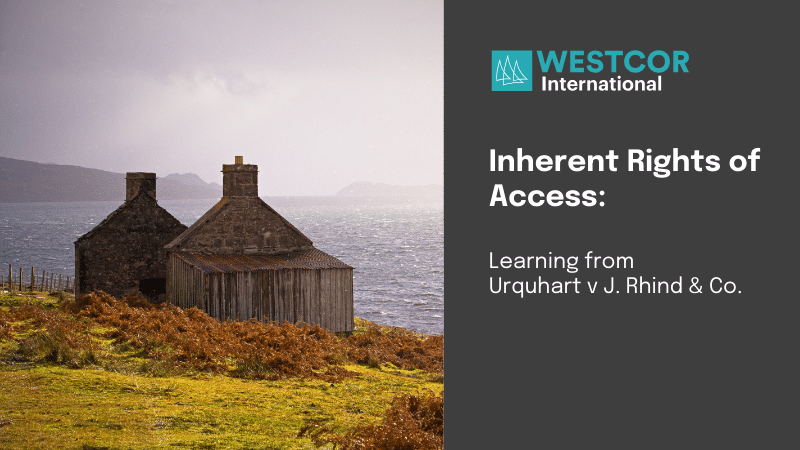Exploring land title lessons from the rugby pitch

Image: Ben Baker, Chief Underwriting Officer
Like any commercial investment, sports clubs come with challenges whether this is growth and expansion or the more recent bitter news of insolvencies and underwriters can undeniably learn and translate a great deal from happenings in the sporting world.
Whatever the transaction, experienced property and land-owners and their advisors appreciate that clear ownership and title documents are essential to ensure that they have the legal right to use and develop the property as they would like, just as last year’s Bath Rugby court decisions show.
For many years Bath Rugby was looking to redevelop its stadium, but they faced an obstacle in the form of a restrictive covenant which was imposed on the land in 1922. This covenant limited trade or business use and prohibited any nuisance or disturbance to neighbouring premises or the community. This is not an unusual covenant for many city centre sites or even in more rural areas.
Bath Rugby initially applied to the High Court for a declaration on the enforceability of the restrictions pursuant to section 84(2) of the Law of Property Act 1925. The decision of the High Court was that the local residents were entitled to the benefit of the covenants. Bath Rugby appealed and the Court of Appeal overturned the high court’s decision in February 2022, stating that the covenant was unenforceable because the land intended to benefit from the covenant was not clearly identified in the original conveyance. The final resolution of the legal process was given in October 2022 when the Supreme Court refused an application to appeal the ruling of the Court of Appeal.
After many years Bath Rugby finally had a breakthrough and at the end of last season the club unveiled their redevelopment plans.
Is this a timely reminder of restrictive covenants?
This case is intriguing from a title insurance perspective, highlighting several crucial aspects of our underwriting assessment and policy coverage. It demonstrates that even if all parties involved acknowledge that a covenant will be breached, it does not necessarily mean that it can be enforced. Furthermore, there may be a potential defence against a breach of the covenant if the benefiting land is not clearly identified.
What is also relevant however is that enforcement actions or local oppostion like this can result in significant expenses, even if the landowner ultimately succeeds.
In the case of Bath Rugby, they will have likely borne the costs of the initial legal advice, the lands tribunal application, expenses in the high court, and the subsequent appeals.
A title insurance policy covers costs such as these so can be a useful risk and cost management tool where breaches of restrictive covenant are anticipated however even with a strong defence, underwriters must account for potentially high expenses in the event of enforcement action. This consideration can therefore lead to higher-than-expected premiums when the potential insured thinks that they are sitting on a strong defence but the potential value of the costs covered in return for a fixed premium is often still a useful tool.
Tackling development risks with title insurance
Beyond the Bath Rugby case, plenty of other examples in the rugby world illustrate the utility and purpose of title insurance coverage. Unfortunately, three Premiership teams have entered administration within the last 12 months, creating legal situations that could result in uncertainties or conflicts. In such circumstances, title insurance may offer a solution.
As administrators begin to handle the assets of these organisations, potential buyers will need to assess whether they have sufficient information to proceed confidently with purchases. Administrators may have limited knowledge of the properties. For example, it was reported that Mike Ashley acquired the Coventry Building Society Arena from Wasps, and it is likely that the Worcester Warriors stadium will be sold in the future. Those buyers will seek or would have sought assurance that the sites are free from financial charges, that access rights are adequate, and that no title restrictions limit future intended uses.
While lawyers can typically conduct due diligence to gather this information, sometimes the lack of a comprehensive picture from the previous owners can leave gaps in what can and cannot be conclusively confirmed. This is where a title insurance policy, especially Westcor International’s Perfect Title policy that protects against unknown risks affecting land, can be a valuable tool in facilitating these transactions.
Moreover, the financial pressures facing society at present are likely to impact community sports teams, who may also consider using title insurance to mitigate potential liabilities or facilitate property sales to release funds.
We have previously considered insurance cover for rugby teams that are creating new pitches, ensuring they have the necessary rights for access and services to utilise those additional grounds. We have also assisted community clubs looking to sell parts of their sports grounds, which are subject to rights and covenants, causing concern for potential purchasers.
We’re on your team
Of course, the use of title insurance extends beyond rugby stadiums and training grounds; various transactions encounter gaps in knowledge due to time pressure or the position of the seller. Title insurance can help protect and reassure lenders, buyers, and other parties involved.
The use of title insurance can alleviate some of the obstacles affecting these types of transactions and provide support for the financial pressures faced by these organisations in the coming months and years. Although the examples mentioned here revolve around rugby, they could equally be applicable to any community or commercial organisations with interests in land.





